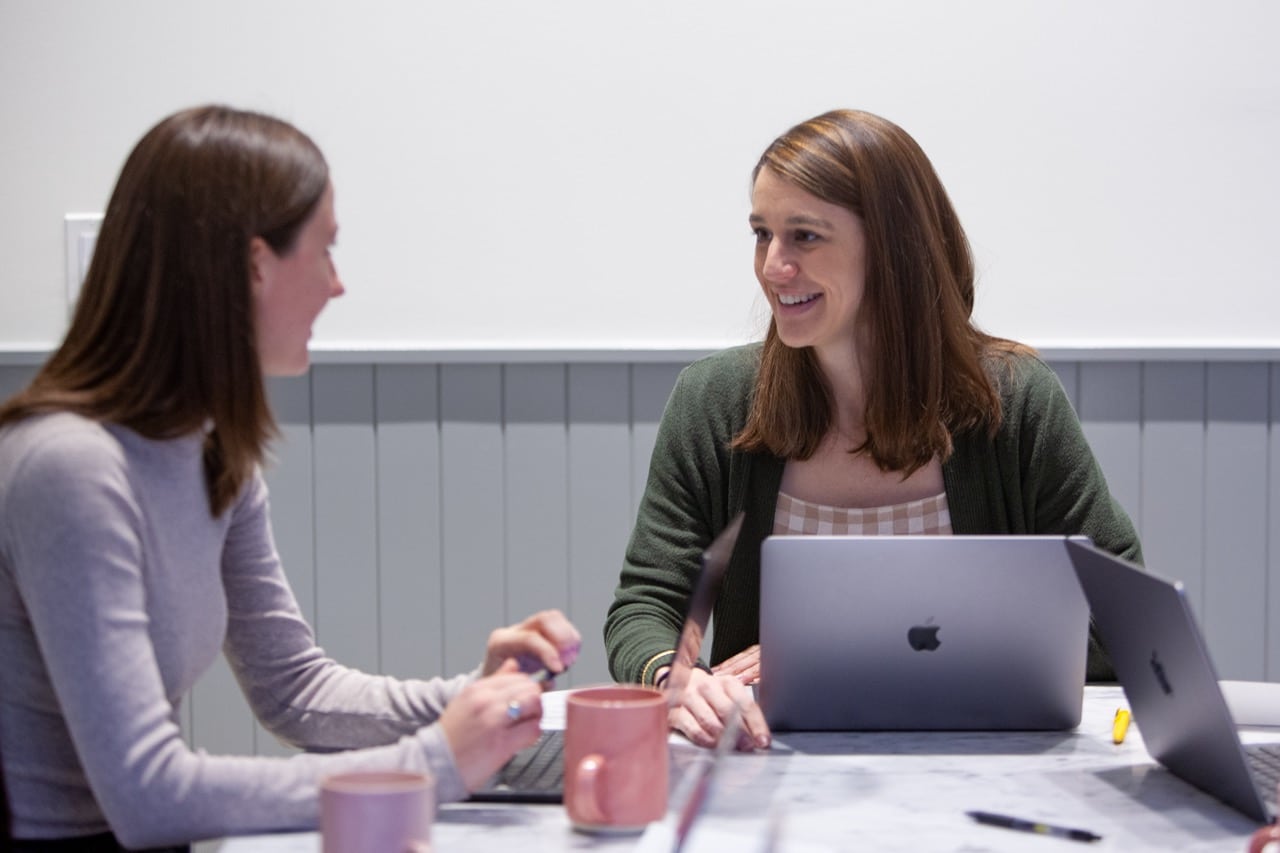At the start of this global pandemic, we as HR and Business Leaders jumped into action to make it possible for our teams to work from home. This included assessing hardware needs, learning new collaboration software, and setting up flexible work policies. For some companies, the move to remote work was seamless while others were doing it for the first time. We didn’t know how long we would need to keep our teams at home, how this would impact our productivity, or how it might affect our people. We knew it was the right thing to do, and so we did it. Collectively, we’ve had an experience that will forever shape how we work, build our culture, and focus on employee wellbeing. We’ve learned a lot through this journey and we shouldn’t rush to go back to normal. Instead, what if we take the best parts of what we’ve learned and transform the way we do things because People Matter.
So what have we learned?
We Know Flexible Work Policies Work
Prior to this, there were remote work policies in place for many companies, but in general companies didn’t widely promote remote work. There was more emphasis on time spent in the office to have greater collaboration and productivity. During this global pandemic, our thoughts around remote work have been challenged and we are finding creative ways to collaborate and work effectively at home.
When we are allowed to reenter our offices, we should rethink our flexible work policies and:
- Develop new more inclusive arrangements that focus on people and business needs.
- Allow people to work where they are most productive.
- Be more flexible with when and how their work is getting done.
- Ensure people don’t have to choose between staying home sick or coming in to get paid.
We Know a Great Culture is Key to Building a Successful Business
To many, culture is something done through in person activities at our offices, happy hours, and meals shared together. All of those things have been extremely valuable in making connections and adding to your culture, but they are not all that make up your culture. Your culture is your shared set of beliefs and values that are reinforced through your actions. We are seeing leaders genuinely show care and concern for their people as well as being transparent and keeping people informed. We are also seeing how people are getting creative to come together and build stronger bonds through virtual work sessions, happy hours, cooking demos, and more. All of these actions should reinforce the culture you want to build. We should continue to challenge our assumption that culture can only be built in person. We can and are building strong cultures through our actions and interactions virtually.
To continue building a great culture whether in person or remote:
- Ensure you have intentionally defined the culture you want by defining a shared set of beliefs and values. Reinforce those shared beliefs and values in everything you say and do.
- Culture exists -intentional or not. Create the culture you want through intentional acts and leading by example.
- Decide on your virtual presence as a leader. This can include always having your video on, being present and engaging in the messaging platforms, and providing consistent and regular updates to your team.
We Know Employee Wellbeing & Engagement are Critical to Creating a Healthy, Inclusive Culture
For the last several years, companies have heavily focused on employee experience programs, but now is the time to refocus on and examine our employee wellbeing and engagement. We are focused on people and their health, both mental and physical, first and foremost right now. We are pausing to ask “how are you” and genuinely care about the response before diving into meetings. We are doing regular check ins, pulse checks, and setting up two-way communication. All of these things have demonstrated a sincere interest in employee wellbeing and have had a really positive impact on employee experience based on a survey from Willis Towers Watson.
When we start operating in our “new normal”, let’s continue to:
- Demonstrate the same level of genuine care for employee wellbeing and we’ll continue to see positive impacts on employee engagement.
- Setup regular pulse surveys and keep your two-way communication processes to check in with your people to see what they need.
- Create programs that support both physical and mental health.
This pandemic offers us the chance to pause and reflect on what we’re proud of in our HR and business practices, as well as what we could improve upon. It also gives us the chance to hit a reset button, and to start to incorporate new policies and practices into our work, so that when we do return to the workplace, we’ll be able to create environments where People Matter.

Customer-focused leader with a passion for developing people, increasing customer and employee engagement and driving process improvements. I’m passionate about supporting businesses in creating healthy, inclusive cultures that can scale with your organization.














